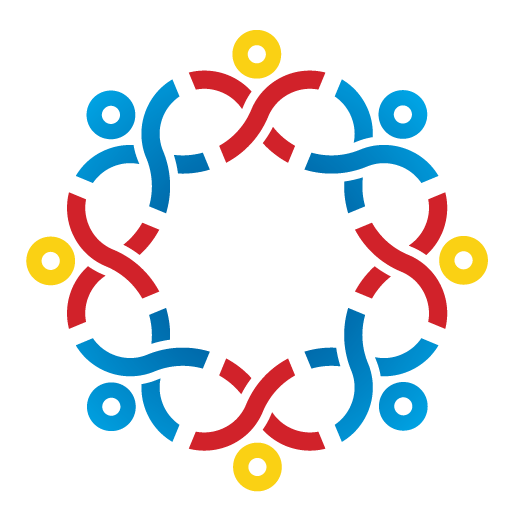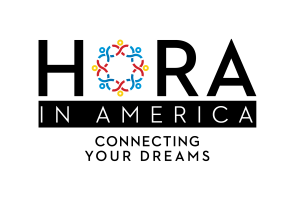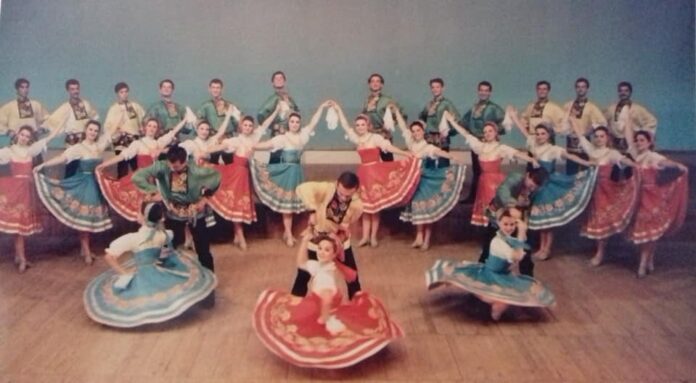Victoria Codru, a former dancer of the most prestigious Dance Group Joc from Chișinău, Moldova who is now an Argentine Tango teacher in New York, organized a Red Cross fundraising for Ukrainian refugees on 19th or March, using her platform as a dancer to help. We talked with her about how dance can bring people together in a time of crisis. “If everyone would dance, there will be no wars,” she said with conviction. So, we started from the beginning.
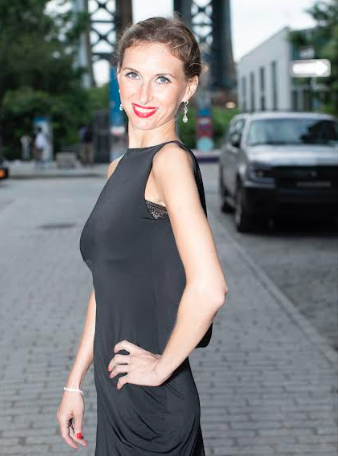
“I was a professional dancer in my past life. I was traveling the world since I was 14 with the „Joc Dance” Group. My job was to go to work and travel the world but I didn’t have the time to learn about the real world, and about the real life because my job was very demanding. Then in 1999 I got an opportunity to come to the United State but once I got here it became apparent that folk dancing isn’t needed here, so I stopped dancing for eight years.
One day I went to a Broadway Show called Forever Tango that blew me away. I didn’t understand much of what was going on, but I liked that there were people of different ages on the stage: young and older alike. I was attracted by the fact that this dance embraced people of all ages. That’s when I said: ‘If I could do that, I won’t have to retire from dancing early.’
I signed up for Tango lessons, and in particular for Argentine Tango, as a beginner in January 2007 in New York, and then I started dancing. I never intended to teach it, just use it socially. Tango, in general, is a special dance because people come to it for different reasons: some for fun, some to release the pressure of their day, or the negative energy from work, or just want to do something new. Some people take it very seriously and dive deeper into it, some just do it for exercise, or do it for social connections. That’s why many they like it.
It took me three years to get down the dance but the more I danced it, the more confident I became. I applied my old dance training into this too, and I finally realized, I was ready to teach Tango. In 2010 I started teaching Tango part-time, and in 2012 I switched to full time teaching. I had nonstop group classes and private lessons. I was booked all the time, I had 35-45 lessons a week. We also invited a lot of guest dancers to our school, so the students could get different teachers, and not get tired of the same thing. On top of that, I was performing and traveling with my former partner for events.
Now, I am working on my own project. I organize this big event every third Saturday of the month in New York called Melonga la Luna. It’s an event were people dance Melonga, a genre of Tango, which like Tango has a Waltz timing but Melonga is a little faster. I hire a DJ and people come from all over to dance.”
Irina VanPatten: People from what backgrounds are coming to you for the Argentine Tango?
Victoria Codru: Because New York is so diverse, I have a truly international group of people who want to dance: Russians, Poles, people from India, Hispanics from Ecuador, Peru, and even Argentina, Pilipino, who love dancing to begin with, but love Argentine Tango in particular. Very little local Americans, unfortunately. This is how people meet and widen their social network. At the same time, no matter how successful and higher up they are in their professions: doctors, engineers, accountants, in my class they are all the same. They are my children, and they all listen to me. I am their boss in my class because they are diving into my world. They are a young community but most people are in their late 30s and 40s because Tango could be fun but if you want to get to the core of it, it could be demanding.
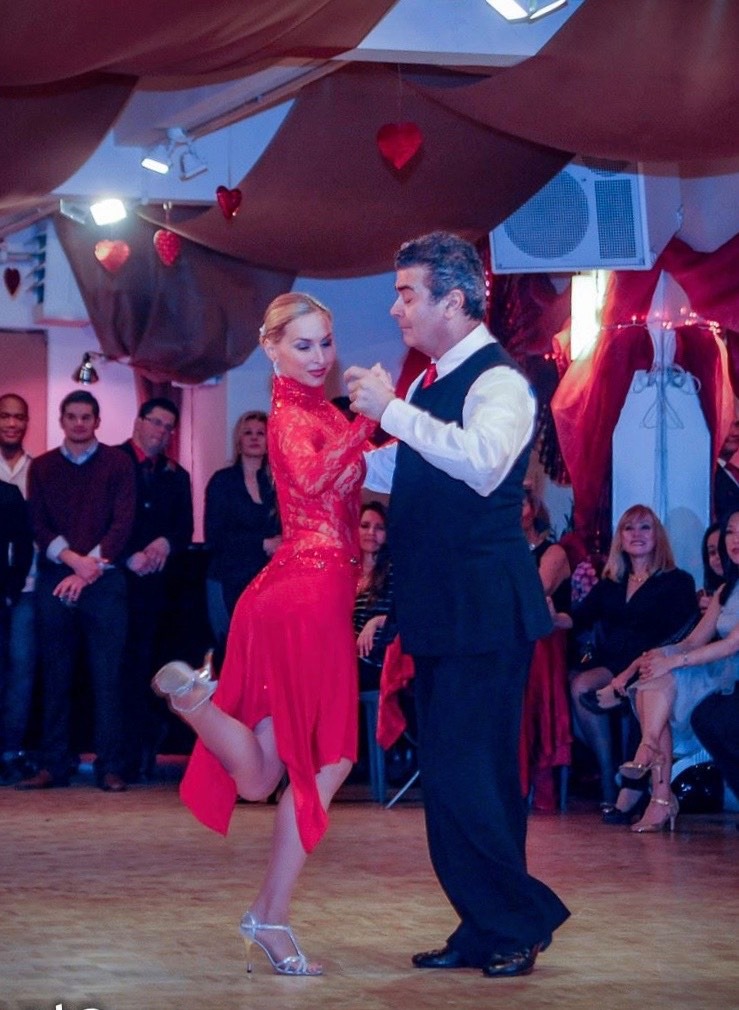
Irina VanPatten: So how did you come up with the idea to organize a fundraising for Ukrainian refugees, using Melonga la Luna event?
Victoria Codru: While I was brainstorming how to organize an event like that, I got in touch with Evghenia Berzan from our Moldovan diaspora, and she suggested to organize an official Moldovan fundraiser. I consulted with my accountant to ask her what was the best way to fundraise for Ukrainian refugees and she told me since I was not a non-profit organization, the best thing would be to team up with Red Cross because it’s the most respected organization in the world. I contacted Red Cross right away because I had questions. I wanted to make sure that the money raised at our event would reach their destination. They told me to write “Ukrainian” in the title of the event. As long as the title is written that way, they will know where exactly to send the money. Then I posted the event online for March 19th.
Later, Evghenia connected me with the Ambassador of Moldova who committed co come to the live event, and Evghenia was going to be there. The best thing was that people started donating even before the event began, and our goal of $5,000 was reached before the event date of March 19th, so it turned out to be something amazingly beautiful.
Irina VanPatten: What prompted you to do this fundraising for Ukraine?
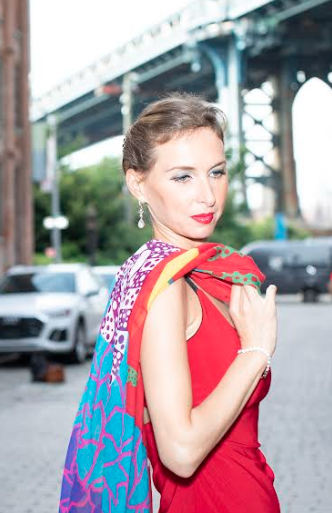
Victoria Codru: I am from Moldova, and my parents are still in Chișinău, so my family knows firsthand of the huge influx of the refugees, coming from Ukraine to Moldova, trying to escape the war. It’s terrible what’s happening, so I decided to do the fundraising. Ukrainians are our neighbors. You always help people in need. We don’t know the real reasons or the real fight that happened between the two leaders that started this war, but the outcome of this is horrific.
The refugees are getting the brunt of it, but also the people who are welcoming those refugees in my country, or Poland, Slovenia, Romania are affected. They’re also suffering because it’s a big burden on all of these countries as well. Nobody expected to have such an influx of refugees in such a short period of time. How can’t we not help a neighbor or a friend in need? I couldn’t just sit and not do anything about it.
Irina VanPatten: Do you have anybody in Ukraine?
Victoria Codru: No. I, luckily don’t have anyone in Ukraine right now but I have a lot of friends who have friends or family there. I have students who have friends whose families are now displayed refugees, coming from Ukraine to Moldova. I always tell them to let me know if they need help because my parents are in Chișinău and they can help with a phone call or with a dinner, or with whatever they need. I have students who already reached out to me. Half of our country is helping now, and everybody is stressed out. Especially us, being from such a small country like Moldova with little resources and so close to Odessa, we are all worried that we could be next. I call my parents every day to make sure they are fine.
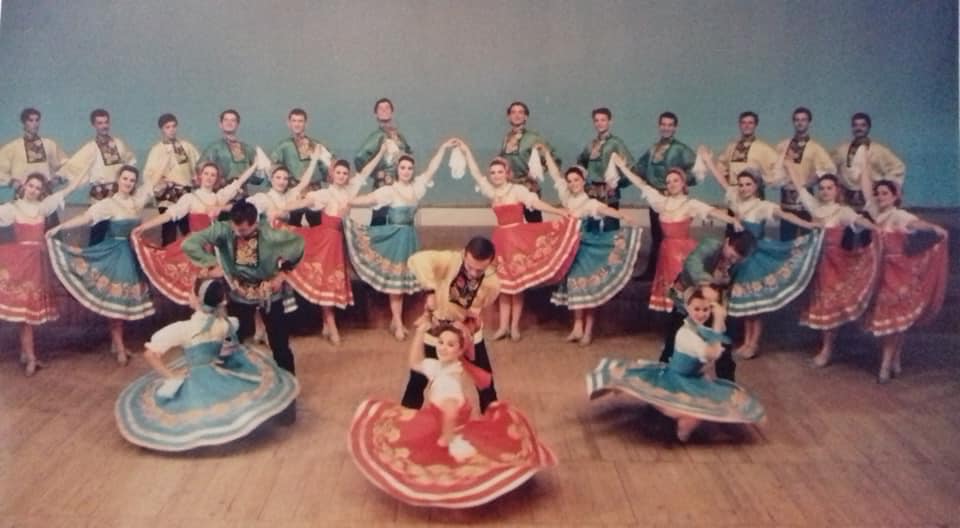 At the same time, you can’t worry all the time. The pandemic already wiped out two years of our lives. It’s like the crisis never ends. We can’t really catch a break. And now this war? You can see that the mood in the community changed. Even dancing yesterday was really tough. After a while, people are looking around for comfort. We still have to live our lives. I try not to watch the news much because people come to me for happiness. I have to be cheerful, positive and energetic for them, to give them a piece of life they are looking for. So, if I watched the news all the time, I wouldn’t be able to function. In a way, I live in a slightly different world, or at least, I try to because people come to me for comfort, so if my energy is not there, I can’t provide it to others. With everything that is happening, I need to do my best.
At the same time, you can’t worry all the time. The pandemic already wiped out two years of our lives. It’s like the crisis never ends. We can’t really catch a break. And now this war? You can see that the mood in the community changed. Even dancing yesterday was really tough. After a while, people are looking around for comfort. We still have to live our lives. I try not to watch the news much because people come to me for happiness. I have to be cheerful, positive and energetic for them, to give them a piece of life they are looking for. So, if I watched the news all the time, I wouldn’t be able to function. In a way, I live in a slightly different world, or at least, I try to because people come to me for comfort, so if my energy is not there, I can’t provide it to others. With everything that is happening, I need to do my best.
This fundraising event was a way to connect with everyone, give back and recharge because it was for a good cause. At the same time, I could do it using my passion of the Argentine Tango. There is something really touching about it.
Irina VanPatten
